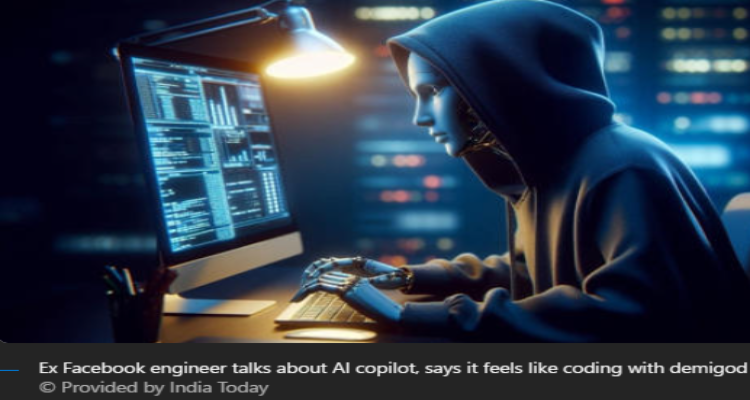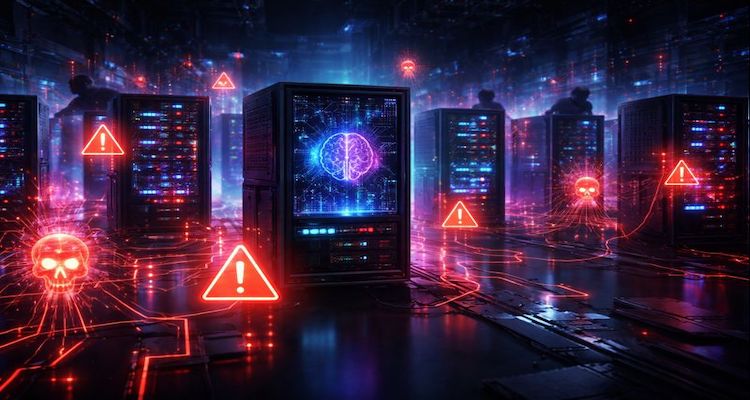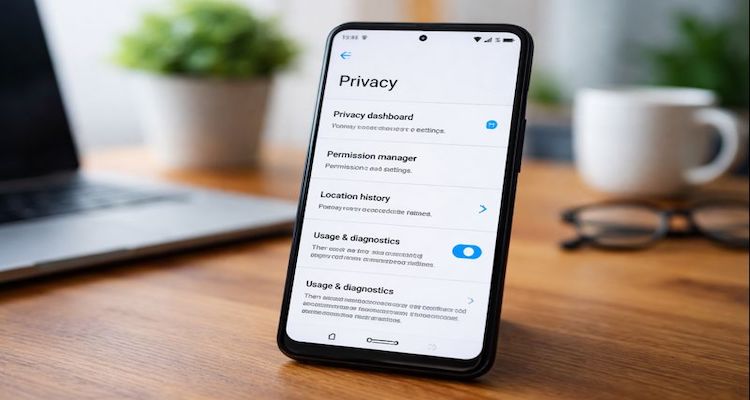Ex-Facebook Engineer Compares AI Copilot to Coding with a Demigod

A former Facebook engineer has described coding with an artificial intelligence (AI) co-pilot as akin to collaborating with a “demigod.” In a recent post on X (formerly Twitter), the engineer emphasized the transformative impact of using a large language model (LLM) as an AI assistant, highlighting its ability to enhance coding skills and accurately predict user intent.
The engineer, who was the director of product engineering at Facebook for nearly six years, detailed how the AI co-pilot improves the coding experience. “Imagine coding with a demigod, an LLM that amplifies your abilities and anticipates your every move. It’s an all-encompassing synergy that’s hard to fathom until experienced firsthand.”
During his time at Facebook, he played a crucial role in developing key features such as search, news feed, and messenger. His insights into AI co-pilots are grounded in extensive industry experience.
The engineer highlighted that these tools’ power extends far beyond simple auto-completion. Advanced LLMs like GPT-4 can predict the developer’s true intent, effectively foreseeing what the user aims to build.
“Using a large language model like GPT-4, an AI co-pilot can predict your actual intent, foreseeing what you aim to create,” he explained.
He noted that while coding is currently the most prominent application of these AI tools, their potential spans various creative fields.
“Coding is clearly the tip of the spear here, as it’s the creative activity we’ve most clearly integrated with LLMs. But this is the direction many creative pursuits are headed,” he wrote.
Looking ahead, the engineer envisions AI assistant tools evolving into partners in “co-creation,” predicting that the distinction between creator and tool will become increasingly blurred, making the creative process more seamless and intuitive.
#AI #ArtificialIntelligence #AICopilot #LargeLanguageModels #LLM #GPT4 #Coding #TechInnovation #FacebookEngineer #ProductEngineering #CreativeTech #FutureOfAI #CoCreation










